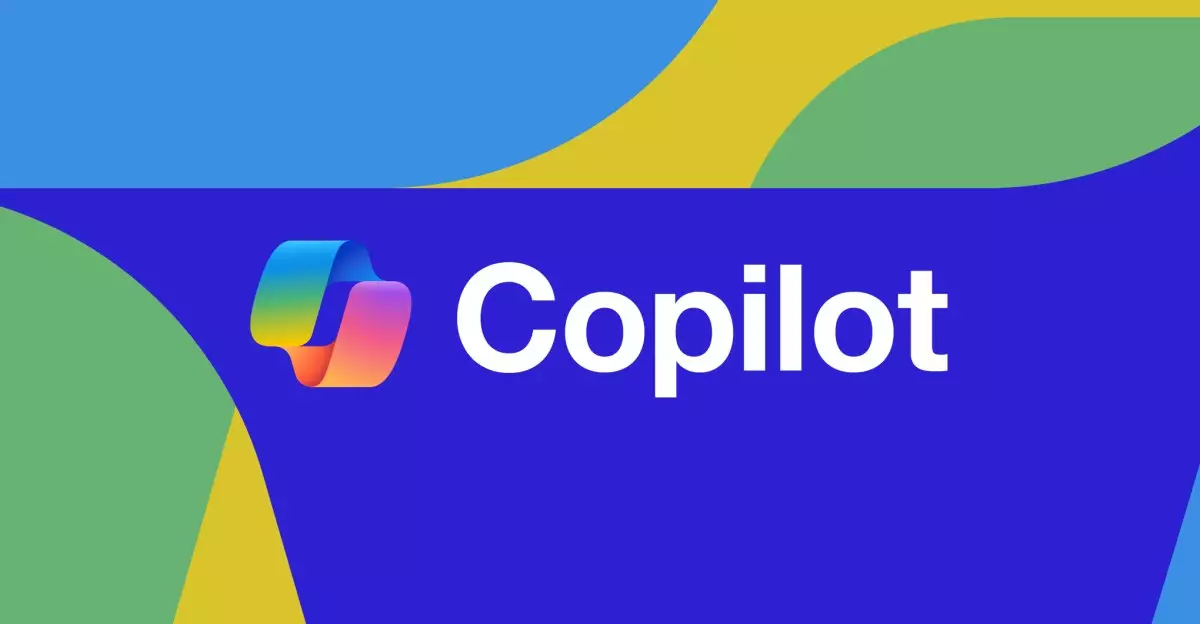In an era where technology is inseparable from daily life, personalized AI solutions are rapidly becoming invaluable. Microsoft’s recent overhaul of Copilot stands as a testament to this dynamic. At its core, the latest iteration incorporates advanced personalization features that not only enhance user experience but redefine the possibilities of AI interaction. By utilizing memory, Copilot tailors its responses and suggestions according to individual preferences, effectively transforming passive interactions into engaging ones. This ability to remember user interests, preferences, and important dates, such as birthdays, signifies a significant leap toward a truly personalized AI companion.
However, the implications of such personalization extend far beyond mere convenience. The challenge lies in the balance between helpfulness and privacy. As Copilot begins its journey to remember user preferences, it’s crucial for Microsoft to establish transparent mechanisms that allow users to control the information retained. Users should feel empowered in their choices; opting out must be as straightforward as opting in. This approach will not only foster user trust but also reinforce the foundational ethics that should govern AI assistants. To make Copilot “yours” is much more than a branding slogan; it’s a commitment to creating an environment that respects individual autonomy.
Beyond Personalization: A Suite of Advanced Functionalities
Personalization is merely one facet of Copilot’s comprehensive evolution. The introduction of web-based Actions brings a paradigm shift in how users can interact with online services. No longer constrained to simple inquiries, Copilot is becoming akin to a digital assistant capable of executing tasks in real-time—booking tickets, reserving tables, or making purchases—all through an intuitive conversational interface. The seamless blend of AI and connectivity presents a game-changing opportunity for users seeking efficiency in their digital interactions.
Moreover, the Copilot Vision feature represents a revolutionary stride in visual AI capabilities. By integrating screen analysis across various platforms, users can receive contextually relevant assistance without the need for extensive back-and-forth prompts. Imagine pointing your phone camera at a dish in a restaurant, and receiving detailed nutritional information or recipe suggestions within moments. This fluidity of interaction illustrates how AI can enhance everyday life by providing immediate, useful insights based on visual stimuli.
Harnessing Deep Research for Enhanced Knowledge Discovery
Another remarkable addition is the Deep Research functionality, a feature resonant with academic and corporate professionals. Copilot’s ability to comb through vast amounts of data and synthesize findings into cohesive insights could prove transformative for those tackling complex projects. In a world inundated with information, the capacity to efficiently distill knowledge is a coveted skill. Coupling this feature with Bing’s AI-oriented capabilities enriches not only search experience but also expands access to derived knowledge wherever needed.
In this context, the integration of research and automatic generation of audio podcasts offers a compelling way for users to engage with material. Instead of merely reading endless articles, users can now listen to synthesized podcasts that break down topics into digestible formats, blending education with entertainment—an example of how technology can humanize the way we learn and absorb new information.
The Future of AI Interaction: A Shift in Dynamics
What Microsoft is proposing with the reinvigorated Copilot is not just a product update; it’s a forward-looking vision for AI technology. The potential for Copilot to evolve with users, adapting its personality and capabilities over time, signifies a bold move toward a collaborative human-AI relationship. It sets the stage for future innovations in which AI will not merely function as a tool but rather serve as a synergistic partner in our daily lives.
Yet, while Microsoft is making significant strides towards redefining AI interactions, the ongoing dialogue regarding the ethical use of AI technologies cannot be overstated. As these systems become ingrained in our routines, the onus is on developers to ensure that advancements in personalization and functionality also encompass considerations of bias, privacy, and user autonomy. The road ahead is promising, but it must be navigated with caution to avoid pitfalls that could compromise the very essence of what makes AI assistance meaningful—trust, respect, and utility.


Leave a Reply